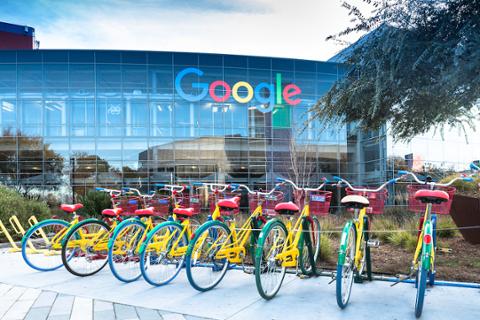The latest quarterly results for FAANG (Facebook, Amazon, Apple, Netflix, and Google) made one thing clear: big tech is only getting bigger. Right now, Apple has a market value of roughly $2.2 trillion, with Microsoft Google, and Amazon close behind ($1.9 trillion, $1.78 trillion, and $1.6 trillion, respectively).
To drive that stunning growth, these companies rely on all kinds of tech talent—and as part of that growth, they often rely on H-1B workers, either sourced directly or via outsourcing and business-services companies. But how much do they actually pay these H-1B workers? For an answer, we can turn to the H-1B Salary Database, which indexes the Labor Condition Application (LCA) disclosure data from the United States Department of Labor (DOL). Here’s the breakdown:
That Netflix’s H-1B salaries top this pile is no surprise. Netflix has a longtime corporate culture centered on paying absurdly high salaries to technologists—with the expectation those employees will deliver outsized performance. In a posting last year on CNBC, Netflix CEO Reed Hastings explained how, during Netflix’s early days, he grew to believe that “the best programmer doesn’t add 10 times the value” but “more like a 100 times.”
Whether or not you believe in the myth of the “10x developer” (this Fast Company article is a good primer on that debate), it’s clear that Netflix is more than happy to pay a premium for talent. That aligns with the original purpose of the H-1B visa, which is supposed to be used by companies to pull in highly specialized talent from overseas that can’t be found domestically.
It’s also important to note (as we’ve pointed out before) that large tech companies, including the FAANG giants, subcontract a substantial number of H-1B workers. According to a dataset from the U.S. Department of Labor on H-1B data for full-year fiscal year 2019, for example, Apple sourced 2,274 visa workers from outside firms, while Google did the same for 889. Contracting and business-services companies generally pay their H-1B workers lower than what you find at FAANG companies, meaning there are H-1B workers at companies such as Facebook and Google who might not earn as much as their colleagues who arrived via direct application.



